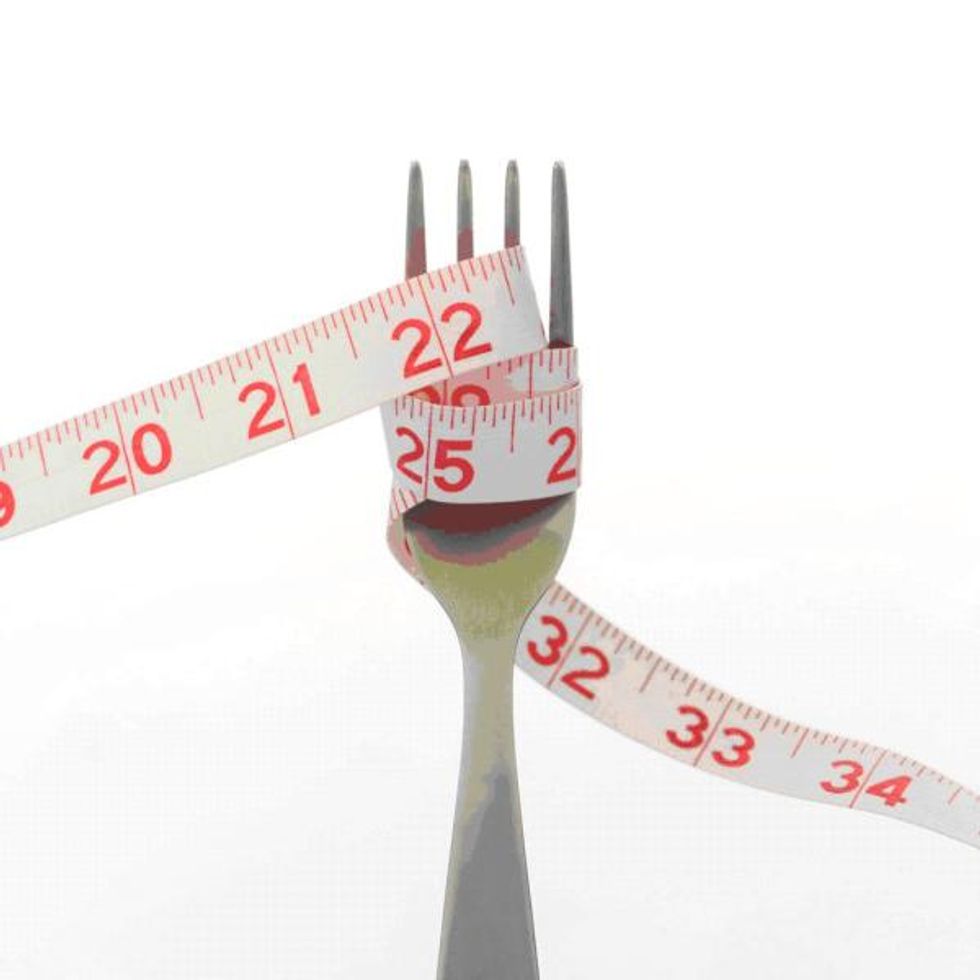This week, February 26 through March 4, is National Eating Disorder Awareness (NEDA) Week. Most people do not know the truth about eating disorders because this is an illness that is often misunderstood and it is not a topic that is commonly discussed. There are so many misconceptions that people have regarding eating disorders and many people just do not take time to learn the truth. Eating disorders are painful and difficult illnesses, and it is important to know the truth so that they can be spotted and treated quickly. Here are some common myths and truths behind this deadly illness:
Myth #1: Eating disorders are caused by the media
Fact: Although the diet-focused culture that we live in today does impact body image and eating patterns of many people, eating disorders are often influenced by other more serious factors, such as psychology, genetics, and biology.Myth #2: Eating disorders are about vanity
Fact: Someone with an eating disorder often lacks self-love and is willing to help everyone else before themselves. The person has low self confidence and sees not eating or overeating as the only thing that will help them cope with negative feelings.
Myth #3: Someone with an eating disorder wants nothing more but to lose weight
Fact: The eating disorder brainwashes the sufferer and tells them that losing weight will solve all of their problems. But eating disorders are not in fact about food or weight. Everyone who recovers from an eating disorder realizes that what they wanted was not to lose weight, but it was something much deeper, such as control, love, or acceptance.
Myth #4: Everyone with an eating disorder looks emaciated
Fact: There is not a particular weight requirement for someone to have an eating disorder. Eating disorders come in all sizes.
Myth #5: Anorexia and Bulimia are the only eating disorders
Fact: Although Anorexia and Bulimia are the most common eating disorders, there are other types that can be just as harmful, such as BED (binge eating disorder) ad EDNOS (eating disorder not otherwise specified).
Myth #6: Gaining weight means someone is cured
Fact: After someone with an eating disorder who has been underweight gains the weight back, this does not mean that they are recovered. Recovery is a process that occurs emotionally over time.
Myth #7: Eating disorders are a choice
Fact: Eating disorders are an illness, just like any other. No one chooses to struggle every minute of every day, obsessing about calories, food and exercise. (But someone can choose recovery-- it just takes time!)






















